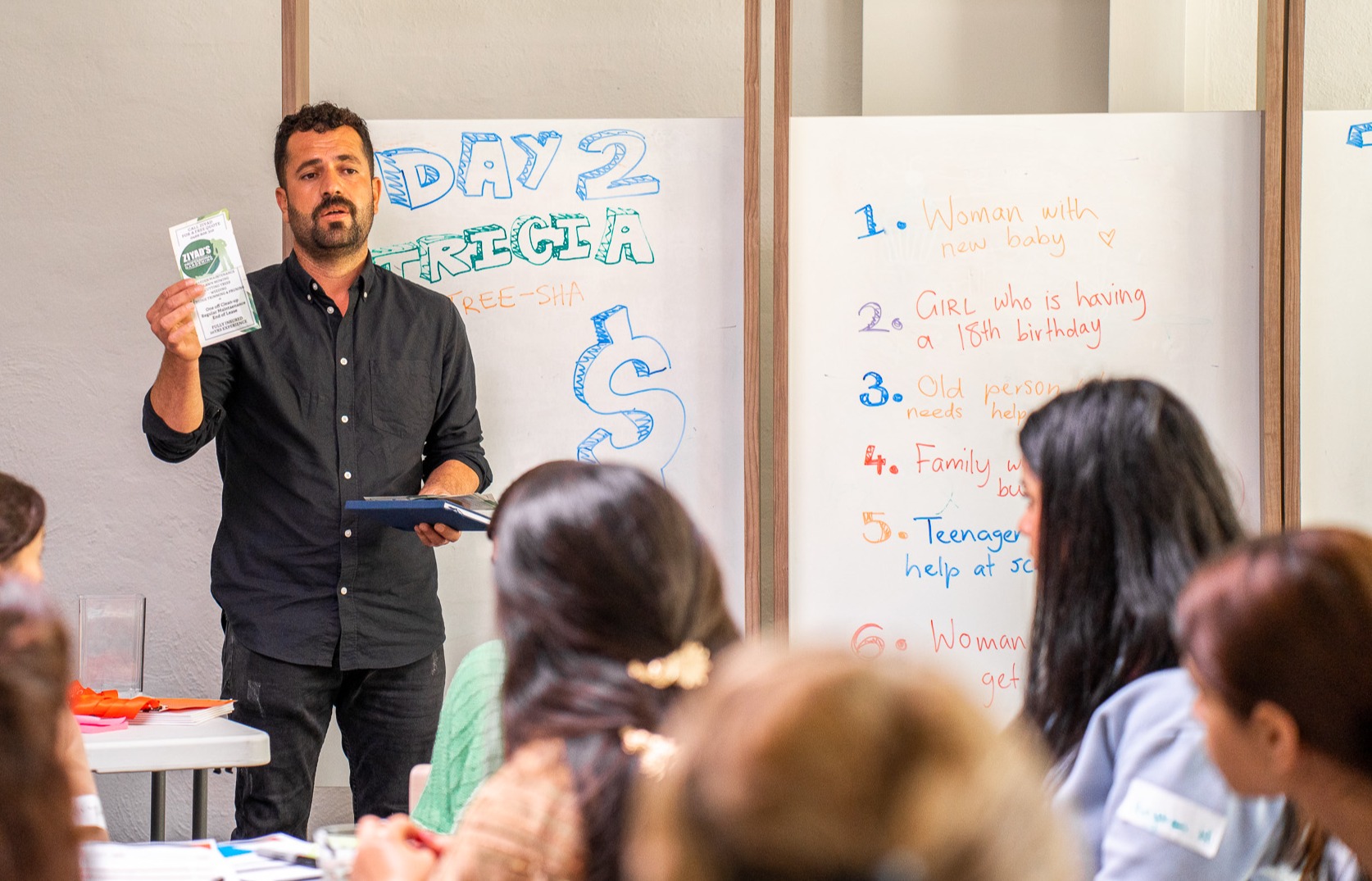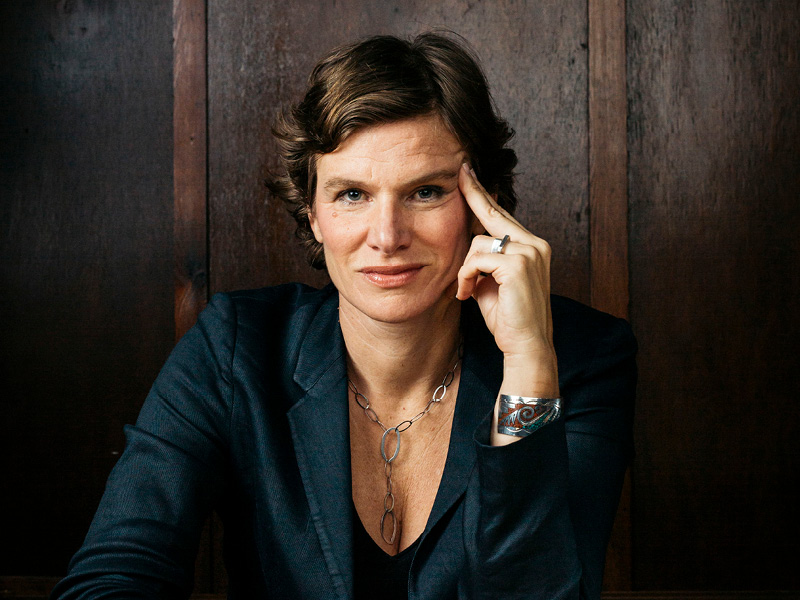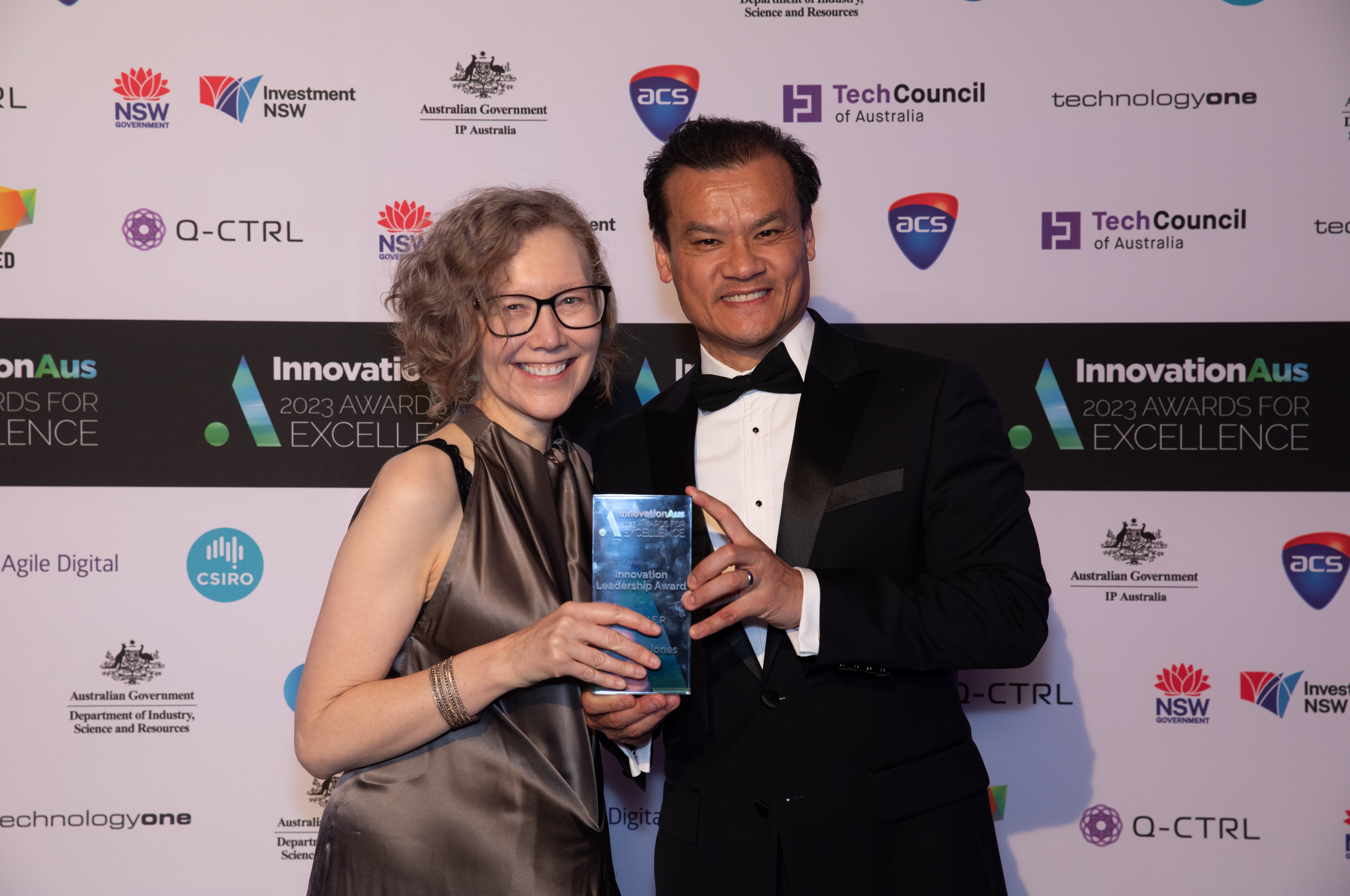Stories
2023 Intergenerational Report: what’s in store, what’s needed
2 min read
2023 Intergenerational Report: what’s in store, what’s needed
Dr Sarah Jones 25 August 2023

This week, Federal Labor Treasurer, the Hon. Dr Jim Chalmers, handed down the sixth Intergenerational Report (IGR).
The report, produced every five years as a requirement of the 1998 Charter of Budget Honesty Act, is used to analyse and forecast how current government policies may (or may not) work over the coming decades.
The Report identified five major forces that will shape the Australian economy during that time—climate change, an aging population, a shift from an industrial to a caring economy, globalisation to fragmentation, and the onset of all things AI—and considers how we might manage and leverage the opportunities that arise from these forces.
At SSE, we believe that to succeed, everyone—from all backgrounds, cultures, education levels, ethnicities, etc.—needs to be given the opportunity to participate and share in the nation's prosperity.
Skills and capability building are essential to expand opportunity and build a stronger, more sustainable, and more inclusive nation. “No one is too young or too old to re-skill, upskill, or learn new skills,” emphasises SSE CEO Dr Sarah Jones. “An ageing population doesn’t mean retirement. And developing an entrepreneurial mindset (at any age) can unlock the talent, creativity, and innovative problem-solving needed for us to thrive."
As a nation, we need to remove the barriers to education and employment for more Australians. But there are still many inequities that, unless they're resolved, will continue to negatively impact on Australia’s prosperity and aggravate the major forces Dr Chalmers articulates in the IGR.
Women still face a “gender pay gap cost[ing] the Australian economy $51.8 billion every year” and retire with considerably less superannuation than their male counterparts.
Likewise, those from historically culturally and racially marginalised (CARM) backgrounds and other underserved communities, in particular migrant and refugee women, represent a significant untapped talent for this country.
A 2019 report by the Centre for Policy Development (CDP) and Open Political Economy Network (OPEN), illustrated that supporting refugees in Australian to launch new businesses could result in nearly $1bn a year added to the economy within ten years.
It's vital that we also acknowledge and nurture the historic and continued contribution of our First Nations peoples to Australia’s economic prosperity. As the Treasurer articulated in his address to the National Press Club, the 40-year outlook of the Intergenerational Report is “a flicker compared to the tens of thousands of years of history that [First Nations peoples] have shaped on this country.”
“Australians living longer and healthier lives, in a country powered by renewables and transformed by technology, with care and compassion at its core, adding value and maximising opportunities in a world of churn and change; an Australia of generational responsibilities and endless possibilities; a future that we can be optimistic about, but not complacent about.”
SSE is a proud participant in this transformational journey, for all Australians.
Related Stories

On a mission: SSE sponsor Mariana Mazzucato Australian tour

